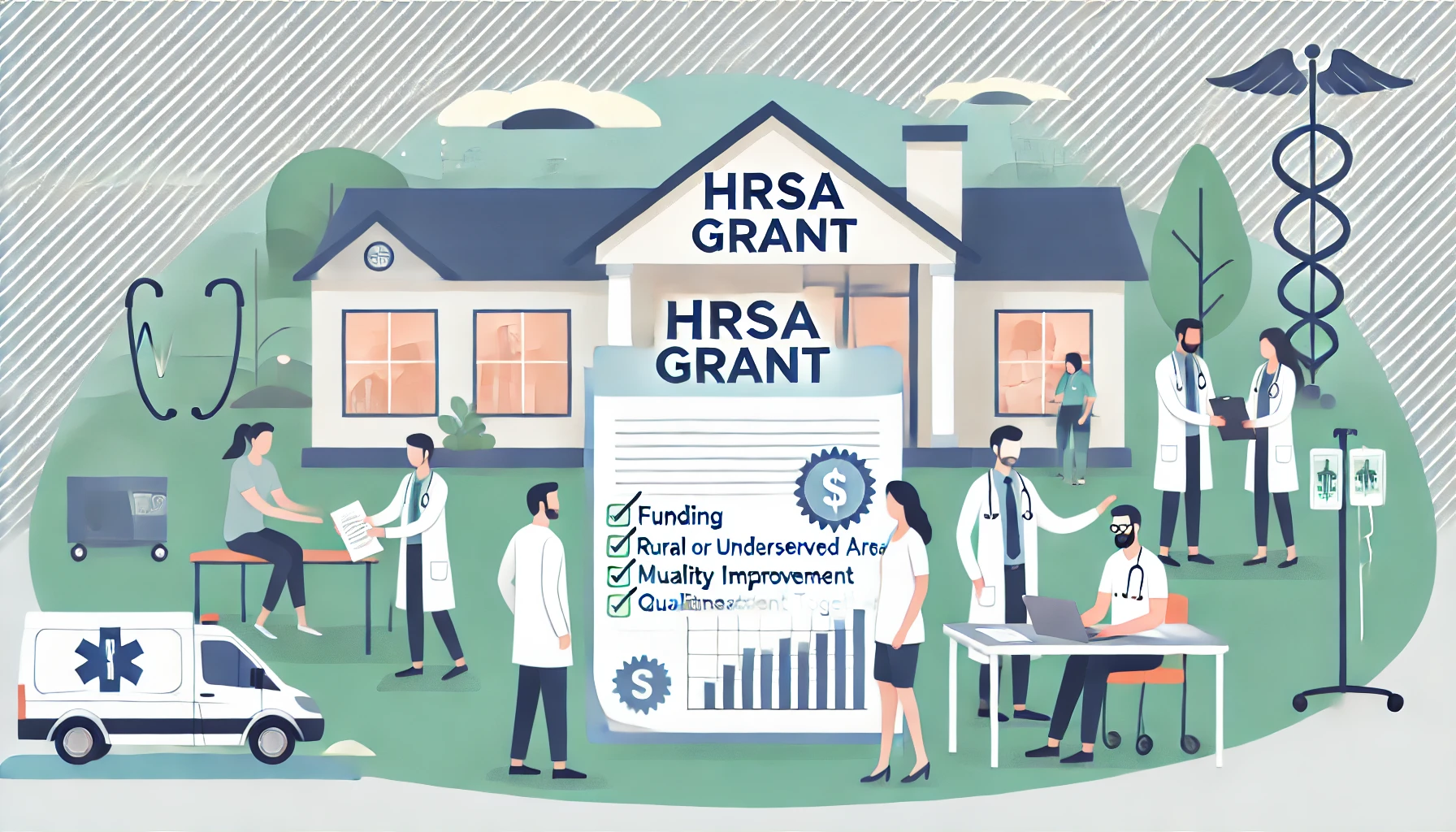
Table of Contents

Navigating AI in Healthcare: Overcoming Legal and Safety Hurdles
AI in healthcare shows promise in diagnostics and efficiency but faces legal, ethical, and safety hurdles. Collaboration is key to overcome these challenges.
Navigating AI in Healthcare: Overcoming Legal and Safety Hurdles
Artificial intelligence (AI) is rapidly transforming industries worldwide, and healthcare is no exception. With the potential to revolutionize patient diagnostics, treatment plans, and operational efficiencies, AI is becoming a focal point of innovation. However, as discussed in a recent Stanford Legal Podcast, significant legal, regulatory, and safety challenges must be addressed before these technologies can be fully integrated into the healthcare ecosystem. In this post, we’ll summarize the key insights from the conversation and explore the broader implications of these challenges.
The Promise of AI in Healthcare
The allure of AI in healthcare is undeniable. From diagnosing diseases with unprecedented accuracy to optimizing hospital workflows, AI’s potential impact is staggering. Imagine AI tools that could:
- Analyze imaging data to detect early signs of cancer.
- Predict patient deterioration before symptoms become obvious.
- Streamline administrative tasks to free up clinicians’ time.
These capabilities could revolutionize patient care, save lives, and dramatically reduce healthcare costs. But as the Stanford Legal Podcast highlights, achieving these outcomes is easier said than done.
Legal and Regulatory Complexities
One of the most significant hurdles AI faces in healthcare is navigating the labyrinth of legal and regulatory frameworks. The healthcare industry is governed by strict laws designed to protect patient safety and privacy, such as the Health Insurance Portability and Accountability Act (HIPAA) in the United States.
Integrating AI into healthcare must address several critical questions:
- Who is liable when an AI makes an incorrect diagnosis?
- What level of transparency is required in AI algorithms to ensure compliance?
- How can we balance innovation with robust oversight?
As noted in the podcast, “The problem is not just creating an AI system that works; it's making sure it works in a way that aligns with existing legal frameworks.” Developers and healthcare providers will have to collaborate closely with regulators to create a pathway that allows AI to flourish while ensuring its safety and efficacy.
Safety and Ethical Concerns
Safety is another cornerstone of the AI in healthcare debate. Machine learning models depend on data, and healthcare data is notoriously complex and often messy. Errors or biases in the training data can lead to serious consequences when AI systems are deployed in real clinical settings.
“AI systems are only as good as the data they’re trained on,” one expert stated during the podcast.
Moreover, ethical dilemmas abound. For instance:
- How do we ensure AI decisions are free from bias?
- Should patients have the right to know if their treatment plan was designed by an AI?
- What happens when AI and human doctors disagree on a diagnosis?
These questions underscore the importance of transparency and accountability in the development and deployment of AI tools. Solutions may include rigorous auditing processes or even a new regulatory framework specifically tailored to AI in healthcare.
The Need for Interdisciplinary Collaboration
The challenges of implementing AI in healthcare extend beyond technology. Successfully navigating the legal and safety hurdles will require an unprecedented level of collaboration between multiple stakeholders, including:
- AI developers and engineers.
- Healthcare providers and patients.
- Regulators and policymakers.
Without input from all these groups, AI solutions could fail to address the real-world complexities of healthcare. For example, a highly accurate diagnostic tool may succeed in a laboratory setting but struggle to integrate into clinical workflows without sufficient input from healthcare providers.
Alternative Perspectives
While the podcast focuses on challenges, it’s worth considering alternative perspectives. Some experts argue that stringent regulation could stifle innovation in a field where speed is critical. Could a more lenient regulatory framework, at least for early-stage testing, encourage faster adoption of potentially life-saving AI tools?
Additionally, there’s the issue of trust. Patients and providers may resist AI solutions due to a fear of the unknown. More transparent systems and education initiatives might bridge this gap. Yet, even with these efforts, trust in life-altering technologies may take years to develop fully. Should we accept slower adoption or push harder for a cultural shift?
Looking Ahead
The integration of AI into healthcare represents one of the most exciting opportunities in modern medicine, but it’s not without its challenges. The legal and safety hurdles discussed in the Stanford Legal Podcast illustrate the complexity of the road ahead. Finding a balance between innovation, regulation, and ethical considerations won’t be easy, but it’s a challenge worth embracing.
Ultimately, the success of AI in healthcare will depend on the ability of stakeholders to work together, address these challenges head-on, and build systems that prioritize patient safety and well-being.
What do you think? Is AI poised to revolutionize healthcare, or are we underestimating the hurdles in its path? Share your thoughts in the comments below!

Why Every Hospital Needs a Quality and Patient Safety Program
Every hospital needs a quality and patient safety program to reduce harm, improve care, and foster a culture of accountability.
.png)
.png)

HRSA FQHC Requirements: A Comprehensive Guide for Healthcare Providers
When it comes to federally qualified health center requirements, there’s no shortage of regulations, expectations, and—depending on your perspective—opportunities.
.png)
.png)

Unlocking Funding: A Guide to Health Resources and Services Administration (HRSA) Grants
Use HRSA grants to fund external peer review programs that enhance care quality, reduce bias, and support compliance in health centers.
.png)
.png)



.png)
.png)
.png)






.png)